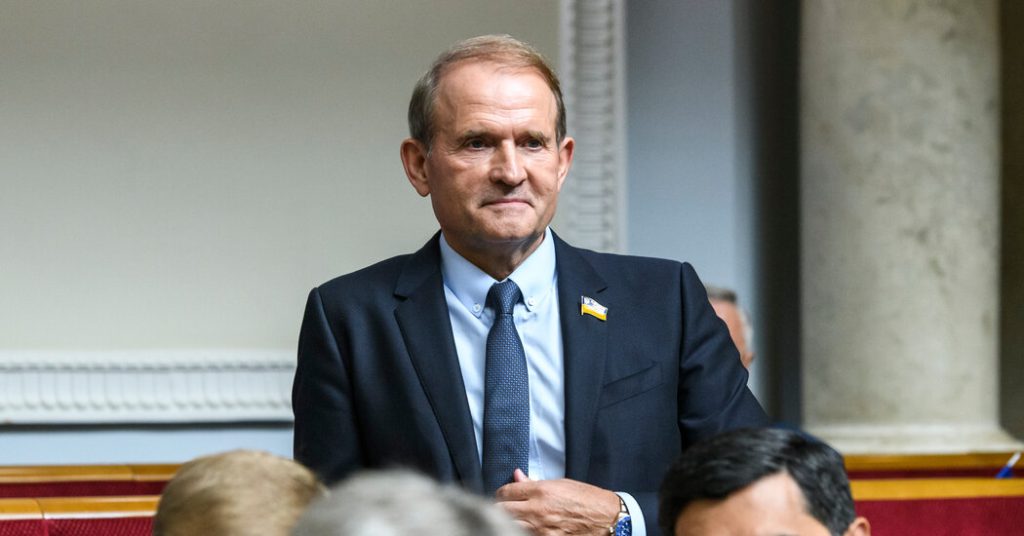The Czech Republic has frozen the assets of two men and a news website accused of running an influence operation in Europe to support the foreign policy interests of Russia. The men identified were Viktor Medvedchuk, a pro-Russian Ukrainian politician, and Artem Marchevskyi, a Ukrainian-Israeli citizen who allegedly ran the Czech-registered Voice of Europe website. Attempts were made to spread pro-Russian narratives undermining Ukraine’s sovereignty and infiltrating the European Parliament. The Czech Prime Minister promised further revelations and actions in other countries based on international cooperation.
Reports indicate that politicians from countries such as Germany, France, Poland, Belgium, the Netherlands, and Hungary had been paid by Voice of Europe to promote Russian interests in the European Parliament. The Belgian Prime Minister confirmed these reports, revealing that Russian funds were used to promote propaganda. The revelations come as the European Union braces for foreign interference ahead of upcoming European Parliament elections. The EU has been a firm supporter of Ukraine following Russia’s invasion, making the Parliament a target for Kremlin influence.
European Parliament lawmakers are often approached by lobbyists seeking to sway public opinion and gain allies in important policy debates. Voice of Europe, described as providing uncensored news, posted content promoting right-wing conspiracy theories, interviewing far-right politicians and spreading misinformation. Polish security officials also revealed a case of espionage activities for Russia directed against EU states and bodies. These activities aimed to build Russian spheres of influence in Europe, using propaganda, disinformation, and political provocations.
One of the accused, Janusz Niedzwiecki, had access to the European Parliament through a far-right German lawmaker, Maximilian Krah. Mr. Krah has a history of making pro-Russian statements and voting against resolutions condemning Russia, raising suspicions of his ties to Russian influence. revelations of the network exerting illegitimate influence have brought concerns about the extent of lies and disinformation used by the Kremlin to manipulate public opinion. The exposure is seen as a significant blow against Russian propaganda machinery.
The exposure represents a blow against the Russian propaganda apparatus, with officials noting the illegitimate influence on the European Parliament and manipulation of public opinion. Revelations have highlighted the extent of lies and disinformation employed by the Kremlin to erode trust in democracy and stir up anger. An investigation uncovered a network using politicians from various European countries and significant financial resources to act on behalf of Russia. The EU Commissioner for values has been advocating for a more active stance against Russian interference, recognizing the need to stay ahead of Putin’s propaganda tactics.
The Czech Prime Minister and Foreign Minister announced actions against a Russian influence operation directed by Viktor Medvedchuk and run through the Voice of Europe website. Reports of paid politicians promoting Russian interests in the European Parliament have caused concerns across Europe. As the EU prepares for elections, efforts to counter foreign interference and prevent manipulation of public opinion are crucial. The exposure of the network behind the influence operation has prompted calls for greater vigilance and action to defend democracy and European interests.


